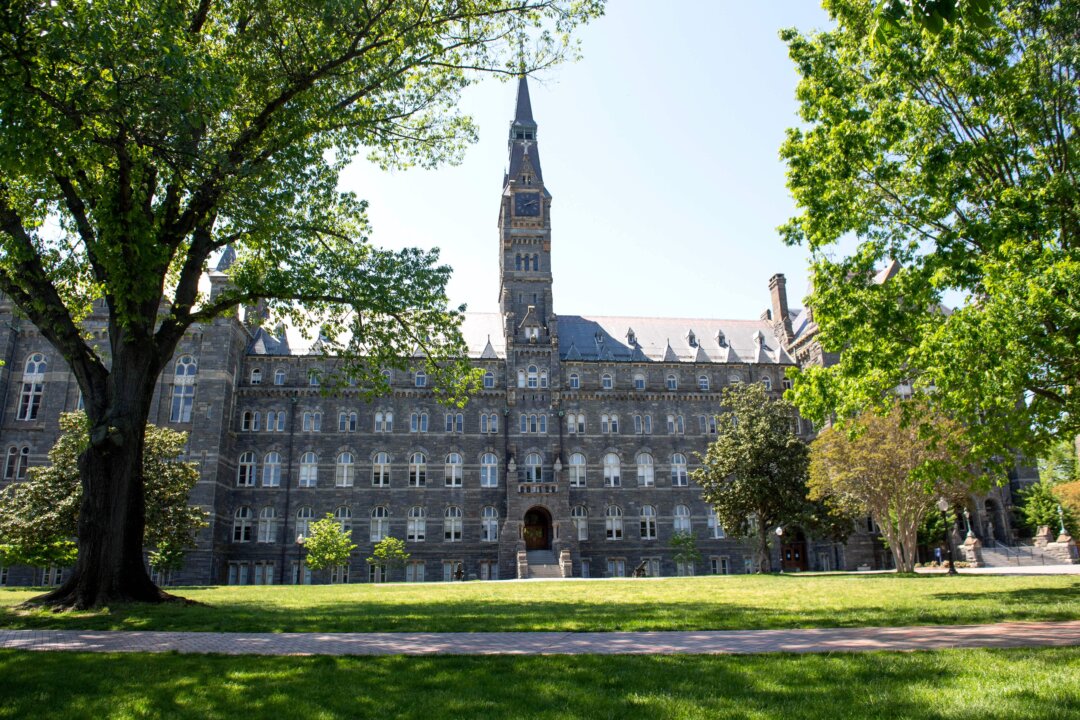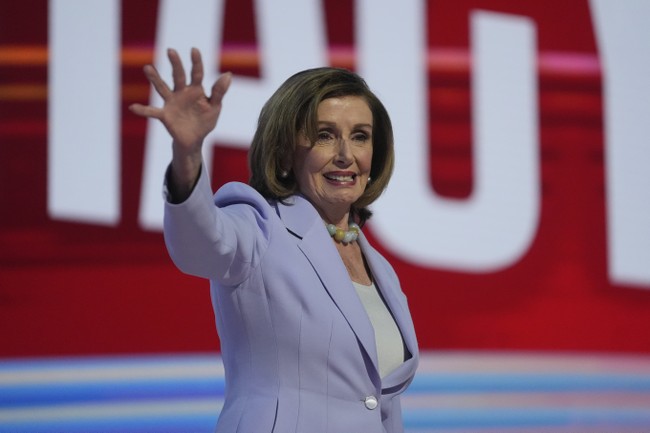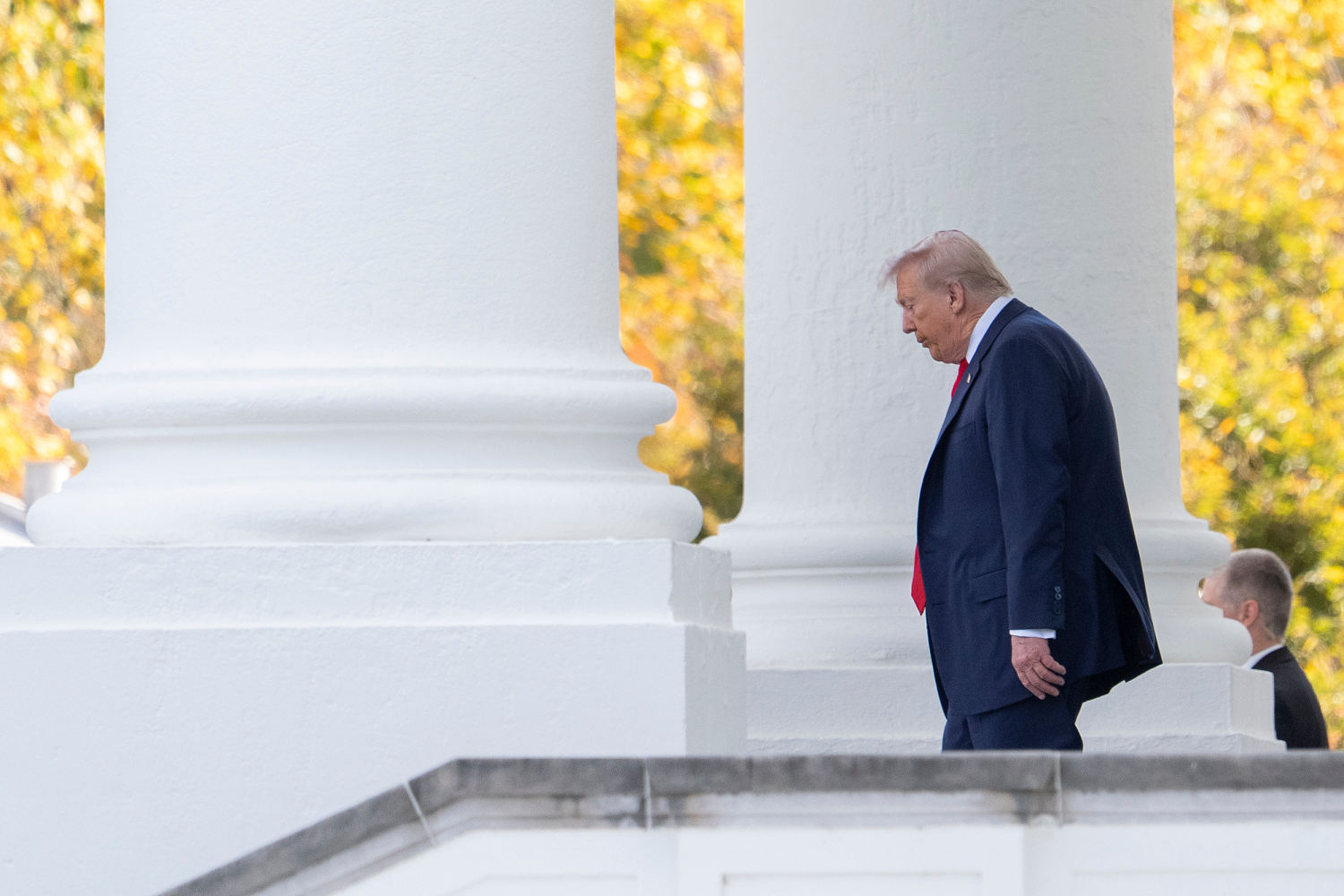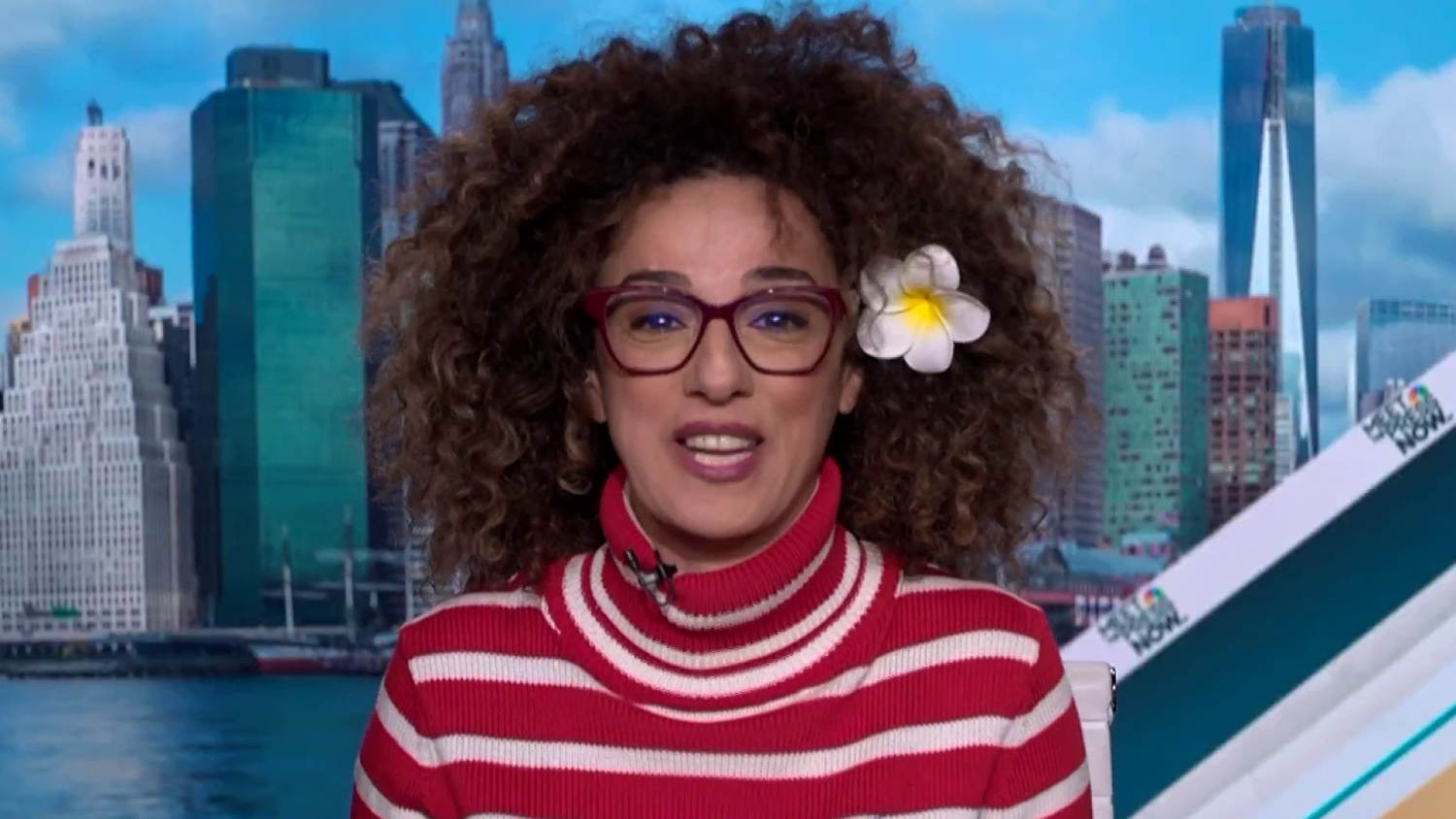A little more than a year ago, before launching his campaign, Zohran Mamdani and some of his supporters gathered to hash out their top three issues. They had: 1) rent freezes, and 2) fast and free buses. They were still figuring out the third, early backer Asad Dandia recalled on Tuesday.
But by the end of the night, when the 34-year-old democratic socialist defeated former Gov. Andrew Cuomo to become the next mayor of New York City, those three top issues — the last ended up being universal childcare — had connected with voters so deeply that a jubilant crowd of his supporters chanted them like anthems.
Mamdani’s message discipline — hammering away at core policies focused on affordability — contributed to his historic win in an election that turned out voters in greater numbers than at any point since 1969. Now, the checks he wrote on the campaign trail will come due.
According to a dozen elected officials, New York powerbrokers, supporters and experts interviewed this week by POLITICO Magazine, the road ahead will be no less difficult to navigate than the unlikely path that took Mamdani from a political nobody to the first Muslim leader of one of the world’s greatest cities.
Here are the top obstacles Mamdani will need to overcome to make the critical first few months of his mayoralty a success.
1. Donald Trump and the Federal Government
Chief among the challenges Mamdani will face, New York insiders said, is President Donald Trump.
“Donald Trump, Donald Trump, Donald Trump,” said Patrick Gaspard, a senior national Democrat who has been advising Mamdani. Trump and his team have threatened to withdraw federal funding from the city — other than “the very minimum as required,” per a Truth Social post — in addition to endangering specific infrastructure projects like the Second Avenue Subway. His administration has also railed about flooding New York with troops and immigration agents, an escalation of the deployments he sent to places like Washington, Chicago, Los Angeles and Portland. “That would have been a hyperbolic thing to consider," said Gaspard, “but that’s a real threat starting the moment that Zohran wins.”
Even as Mamdani was celebrating on Tuesday, Trump posted: “… AND SO IT BEGINS!”
The White House isn’t the only challenge for the new mayor in Washington. The longest government shutdown in history portends its own economic consequences, such as the impact on food stamps, Medicaid and housing benefits, said Kathryn Wylde, CEO of the Partnership for New York City. Such cuts would hit household budgets hard at a time when Mamdani was elevated to make affordability a reality. “There are going to be some tough choices to make,” Wylde said.
Despite the obvious tension between them, Mamdani has signaled his willingness to work with Trump to help New Yorkers. Legal challenges and political lobbying could stave off some cuts. And Trump has made a confusing collection of statements on the funding question, suggesting Wednesday that “we want New York to be successful. We’ll help them a little bit, maybe.”
In preparation for other potential presidential incursions into NYC affairs, people close to the campaign have been communicating with the offices of Gov. Kathy Hochul and state Attorney General Tish James — herself a Trump target and Mamdani confidante.
2. Legislative Wrangling in Albany
Several of Mamdani’s big policy goals require funding from New York’s state government, including free buses and universal childcare.
New mayors with a mandate often have at least a fighting chance to advocate for their priorities in Albany, and Hochul has been open about her willingness to partner with Mamdani. But Albany will be shouldering its own potential funding cuts and fears of an economic downturn.
Moreover, Hochul has to run for reelection next year, pressuring her to strike a tricky balance — avoiding criticism from the media-magnet new mayor, but also being wary of tax increases that would offend large swathes of voters she’ll need to win statewide.
That foreshadows intense horse trading, and Mamdani’s allies have already begun blocking out compromise moves that would allow him to claim progress toward priorities like free bus routes or free childcare for some groups, even if the victory doesn’t come immediately: “We will be building out a timeline to fulfill our commitment for universal childcare,” the mayor-elect said on Wednesday.
3. Campaign Fatigue
Negotiations with Albany will start quickly, with the budget traditionally due on April 1. The city’s own budget will have its endgame a few months after that. And Mamdani’s team will be thrown into the fire without a benefit that past mayors of deep-blue NYC enjoyed: a leisurely general election campaign.
Janos Marton, a civil rights advocate and former Manhattan DA candidate, noted that other officials have often had months of nearly uninterrupted focus before inauguration. “Other transitions that I’ve been involved with, such as DA Alvin Bragg, that time was used to pull together leaders in the field for months of conversation and memos to work out challenging questions that now have to be answered much more rapidly,” Marton said.
To get a head start during the intense contest against Cuomo and Republican Curtis Sliwa, the campaign relied on what Marton called “issue groups” composed of people with city and advocacy experience on subjects such as corrections, sanitation and education. In other words, “big buckets that are important to the city,” said Marton. And by Wednesday morning, Mamdani unveiled the leaders of his transition team, which included city government veterans as well as former Federal Trade Commission chair Lina Khan.
4. Democratic Rifts
In mid-October, Mamdani held a press conference that presented a crucial, and telling, side of his campaign. The event was about scaffolding reform. Removing more of the sidewalk sheds that cast so much of NYC streets into shadow may not be as splashy as creating a system for free childcare, but it’s the kind of wonky good-government push that Mamdani has also highlighted for his administration. In his victory speech, along with soaring rhetoric about inspired workers and goals to come, he promised that “excellence will become the expectation across government, not the exception.”
City government pros see this as a key ability to toggle between big issues and ground-level problems that bedevil municipal managers. It also aligns Mamdani, in some ways, with the “abundance” movement of Democrats looking to cut red tape and smooth the functions of government.
Manhattan City Councilman Keith Powers notes that the mayor-elect voted for three hotly-contested ballot initiatives pitched as process reforms to help build more housing. The proposals, which voters approved on Tuesday, were supported by national and local “abundance” boosters. The fight over their passage also foreshadows a subtle rift in the Democratic Party between pro-housing forces and those more skeptical of private developers and less-checked growth. (Mamdani himself wouldn’t say he supported the proposals until the last minute.)
“He’ll have to navigate that space a little bit,” said Powers, pointing to looming choices for the next mayor about neighborhood rezonings, or even smaller development projects like Elizabeth Street Garden, where Mamdani has come out in favor of more housing.
5. Plus — No Big Deal — the Job
The NYC mayor immediately becomes a manager of 300,000 cops, teachers, social workers and so many more. Mamdani will be faced with constant, complex choices — not to mention weathering the controversies and challenges that no one can anticipate, from police shootings to hurricanes to acts of mayhem that fill tabloids.
“The truth is, you don’t really train to be a mayor or governor,” said Scott Stringer, the former city comptroller. Stringer, who was among the candidates who lost to Mamdani in the June Democratic primary, warned that mayors get defined quickly — even by seemingly small, personal choices, like Bill de Blasio’s commitment to the YMCA or Eric Adams’ love of nightlife. “Your first year defines the next seven years,” Stringer said.
Mamdani will have the inevitable string of bad press — some of which he experienced during the campaign — from the New York Post and other traditionally hungry Room 9 reporters. Feeding and capitalizing on those hits will be a restive police department and business class, many of whom are already skeptical of the firebrand assemblyman.
This, too, is part of the job for an NYC mayor, who is often a punching bag for residents even while occupying an incredible bully pulpit. Mamdani has been aided by a willingness to listen and sometimes respond to critics, even suggesting he would keep current NYPD police commissioner Jessica Tisch, a favorite of moderate New York.
Mamdani will also likely be relying on the continued efforts of a supporter base including over 100,000 volunteers who knocked on 3 million doors during the campaign — the kind of committed movement that could have an impact on state budget negotiations or blunt bad press, if it remains mobilized.
“I think he’s an underestimated legislator and organizer,” said former Rep. Jamaal Bowman in the Paramount theater. “But he can’t do it alone. He’s going to need us to be there with him, to support him.”
Some Mamdani voters suggested they were eager to roll up their sleeves and get started on their laundry list of priorities, from the top three slogans and beyond.
“Yeah, there’s obstacles,” said Maurice Mitchell, national director of the Working Families Party, a key Mamdani champion. “But another way to define politics is managing a set of obstacles.”
.png)















 English (US)
English (US)